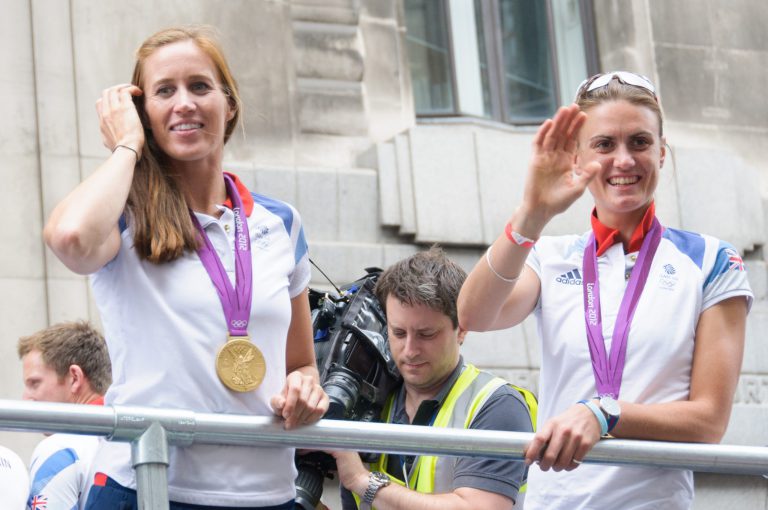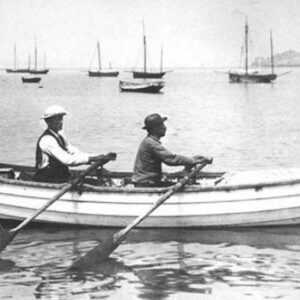Emotional Intelligence (EQ for short in English) has moved from academia into the mainstream in the last decade or two. Our partner website Rowperfect.co.uk published something on this topic a few years ago, which we’ve now revisited. This topic also plays a role in rowing, but how are Emotional Intelligence and athletic performance related?
What is Emotional Intelligence, and how does it affect our athletic performance?
Initially, the topic of emotional intelligence and athletic performance was researched by researchers John Mayer and Peter Salovey, and then popularized by behavioral scientist Daniel Goleman. The US magazine Psychology Today defines EQ as: “the ability to identify and deal with one’s own and other’s emotions.”

Emotional Intelligence has rightly gained a high significance in today’s world. In many areas of life, it directly impacts personal success and interpersonal interaction. Be it at work, in relationships and personal development, Emotional Intelligence is needed everywhere. Moreover, it can also be a valuable tool to improve athletic performance. But why, really?
Dr. Alan Watkins helped Team Britain with their athletic performance
The British rowing team worked with leading neuroscientist Alan Watkins at the London and Rio Olympics to improve their performance and teamwork. In doing so, Watkins and his team focused on strengthening and increasing the emotional intelligence of male and female athletes. Helen Glover and Heather Stanning were two athletes who won gold medals after working with Dr. Watkins. The British team won 18 rowing medals at both Olympics, many of them as a team, where Emotional Intelligence is crucial.
Of course, not everything should be based solely on interaction and understanding between team members, but let’s face it. If we better understand how our partner in a Co2 or the others in a Co4 react and therefore, interact with them better, our performance will also improve.
So, there is a correlation between emotional intelligence and athletic performance
According to Watkins, a stable mental state is vital to unlocking the proper performance in male and female athletes. In addition, it’s essential to build and maintain healthy interpersonal relationships. He has worked with top athletes as well as high-level executives to improve their performance under high pressure. For him, it all starts with the perception of emotions and the right way to deal with them.
A rower must first know about his emotional state to function well as an athlete. Only then will he get along well with his teammates, who have their own emotional states, and bring them to training.
Athletes should use emotions productively for themselves and not let them get them down. The regulation of emotions allows rowers to shift to an optimal mental state.
Much evidence suggests that EQ plays a vital role in improving athletic performance. Of course, all athletes experience a range of emotions throughout their careers. To overcome the significant challenges of competition, you should understand and harness the importance of your emotional intelligence.







